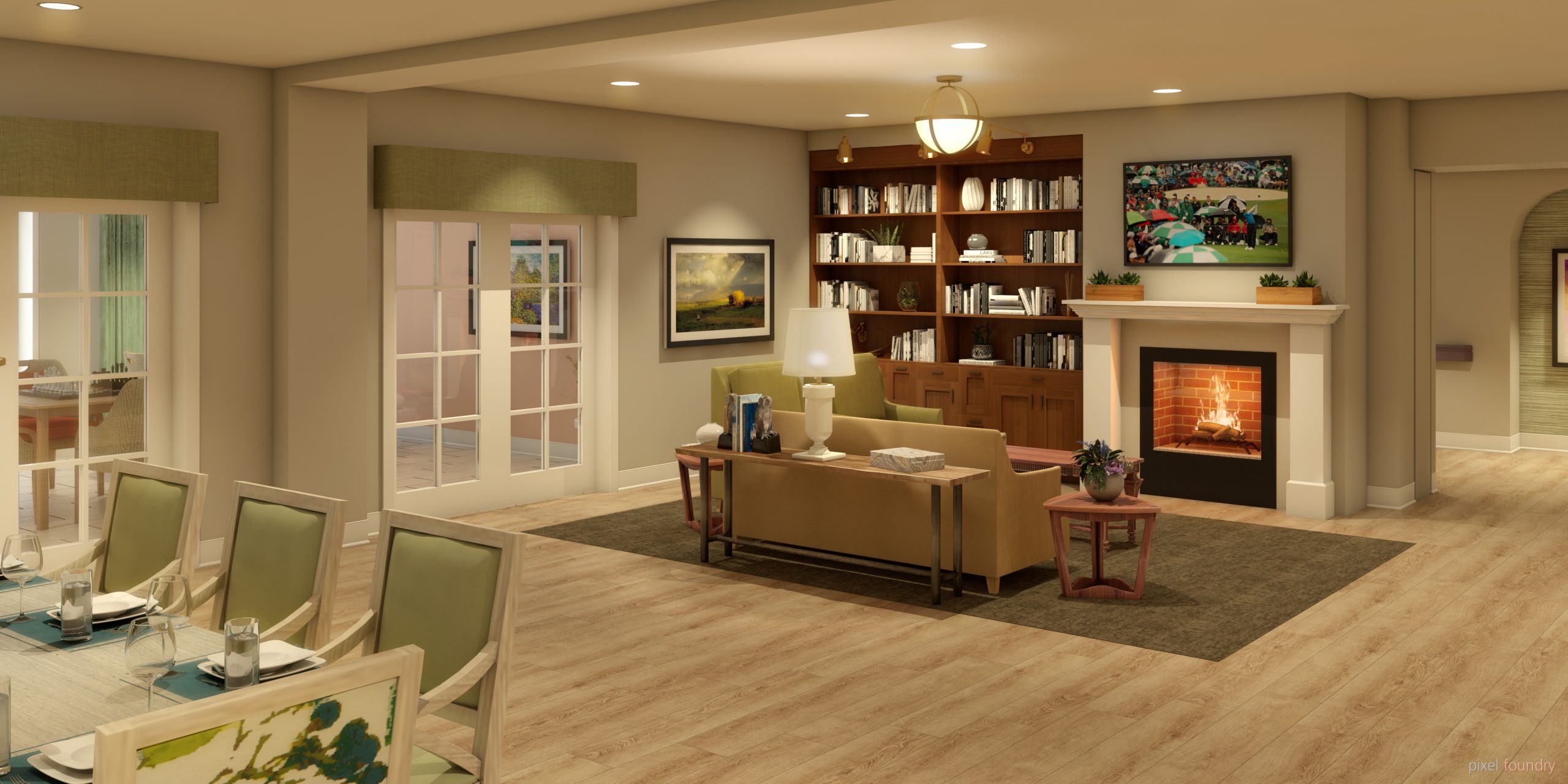Top-Rated Charlotte Memory Care: Enhancing Lifestyle for Senior citizens
Top-Rated Charlotte Memory Care: Enhancing Lifestyle for Senior citizens
Blog Article
Creating a Safe and Supportive Setting: In-Home Memory Treatment Fundamentals
Developing a safe and secure and caring setting for individuals calling for at home memory treatment is extremely important to their wellness and lifestyle. From making certain safety within the space to utilizing efficient communication techniques and carrying out memory-friendly layout elements, there are important components that contribute to a holistic care approach. By concentrating on creating an encouraging environment that accommodates the one-of-a-kind requirements of those with memory disabilities, caregivers can considerably improve the everyday experiences of their enjoyed ones.

Safe Living Atmosphere
Developing a hazard-free and safe and secure living atmosphere is critical when giving at home memory treatment for people with cognitive problems. Guaranteeing the security of the specific with memory loss is crucial to prevent mishaps and promote a feeling of health.
In addition, making use of modern technology such as movement sensors and alarm systems can signal caregivers if the specific wanders or is in distress. By focusing on safety steps and getting rid of potential dangers, caregivers can supply a encouraging and secure atmosphere for individuals with cognitive problems getting in-home memory treatment.
Efficient Interaction Techniques
Executing tailored communication methods is necessary in promoting purposeful interactions with people with cognitive impairments in the context of in-home memory care. Effective interaction plays a crucial role in creating an encouraging setting that boosts the health and top quality of life for individuals with memory issues. When connecting with a person experiencing cognitive decline, it is very important to use clear and basic language, maintain a calm and favorable tone, and offer aesthetic signs to help understanding.
One trick method is to practice active listening, showing empathy, perseverance, and regard during conversations. Non-verbal signs such as faces and body language can also assist convey understanding and assistance. In addition, utilizing memory therapy by discussing past experiences or using music and art can touch into lasting memories, triggering connections and boosting involvement.
In addition, including normal regimens and regular interaction patterns can offer a feeling of familiarity and safety for individuals with memory disabilities. By executing these interaction approaches, caretakers can establish significant links and promote a feeling of convenience and count on the at home memory treatment setup.
Memory-Friendly Design
Offered the importance of developing a supportive setting for people with memory problems through reliable communication strategies, the consolidation of memory-friendly design aspects in the home ends up being important in enhancing their day-to-day experiences and overall wellness. Memory-friendly layout focuses on boosting safety, comfort, and freedom for individuals with cognitive impairments. Straightforward modifications can make a significant difference, such as making use of contrasting colors to improve presence and minimize complication, integrating clear signage to aid navigating, and minimizing clutter to stop sensory overload.
Integrating acquainted components from the person's past, dig this such as favored items or personal pictures, can stimulate favorable memories and develop a sense of familiarity. By incorporating these memory-friendly style components, caregivers can offer a secure and supportive living space that allows individuals with memory problems to preserve their self-reliance and top quality of life. Charlotte Memory Care.
Daily Regimen Planning
When establishing a day-to-day regimen for individuals with memory problems, cautious preparation is important to support their cognitive function and general wellness. Developing an organized timetable can aid lower disorientation, confusion, and anxiety usually experienced by those with memory problems. Begin by including acquainted activities that straighten with the individual's preferences and passions. Consistency in everyday routines can provide a feeling of security and stability, helping in the preservation of cognitive capabilities.
It is critical to enable sufficient time for each task, minimizing the demand to rush and staying clear of prospective frustration. Basic tasks like meal times, individual treatment, medicine administration, and workout must be integrated into the regimen. Furthermore, integrating routine durations of remainder and relaxation can stop fatigue and agitation. Versatility is essential, as some days may need changes based on the person's mood and power levels. Regularly evaluating and adjusting the day-to-day routine will certainly help guarantee its performance in promoting a favorable and calming atmosphere for individuals with memory difficulties.
Support System Application
Developing a robust network of encouraging individuals plays a pivotal function in improving the top quality of care and health for individuals requiring memory support. Member of the family, pals, health care experts, and community sources can all add to producing a strong support group. Communication among these people is vital to make sure that the demands of the specific with memory difficulties are met properly.
Member of the family are commonly the primary caregivers and create the foundation of the support group. They give everyday treatment, emotional assistance, and friendship. It is essential for family participants to look for support and respite websites when required to protect against sites exhaustion and guarantee the finest possible treatment for their loved one.
In enhancement to family assistance, including health care experts such as specialists, nurses, and doctors can give specific care and advice. These specialists can use beneficial insights, medical recommendations, and support in taking care of the person's problem.

Verdict
In final thought, producing a supportive and safe atmosphere for individuals with memory care needs is important for their health. By developing a secure living atmosphere, utilizing effective communication approaches, including memory-friendly design elements, preparing daily routines, and carrying out a solid support group, caregivers can aid enhance the quality of life for those with memory loss. These crucial elements collaborate to produce a nurturing and equipping atmosphere that advertises self-reliance and improves overall top quality of life.
Creating a hazard-free and safe living environment is critical when offering at home memory care for individuals with cognitive impairments. By prioritizing security steps and getting rid of potential hazards, caregivers can provide a encouraging and safe environment for people with cognitive disabilities receiving in-home memory treatment.
Developing a robust network of helpful people plays a pivotal duty in improving the top quality of care and wellness for individuals needing memory support - Charlotte Memory Care. Interaction among these individuals is essential to make certain that the requirements of the individual with memory difficulties are satisfied efficiently

Report this page